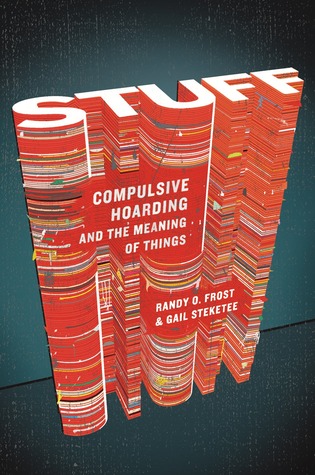Published : 2021 || Format : print || Location : Colombia ☆ ☆ ☆ ☆ ☆ What was it about the country that kept everyone hostage to its fantasy? The previous month, on its own soil, an American man went to his job at a plant and gunned down fourteen coworkers, and last spring alone there were four different school shootings. A nation at war with itself, yet people still spoke of it as some kind of paradise.. Thoughts : Infinite Country follows two characters - young Talia, who at the beginning of this book, escapes a girl’s reform school in North Colombia so that she can make her previously booked flight to the US. Before she can do that, she needs to travel many miles to reach her father and get her ticket to the rest of her family. As we follow Talia’s treacherous journey south, we learn about how she ended up in the reform school in the first place and why half her family resides in the US. Infinite Country tells the...
You can't hook up a U-Haul to a hearse.
Ever since someone (I forget who) reviewed Stuff years ago, this book has been on my must-read list. I always knew I tend to occasionally pile up stuff (and throw them later) but I was curious to find out if I was a hoarder.
Luckily for me, I did learn that my hoarding inclinations are nothing (almost laughable) compared to what many victims mentioned in this book have. I've also realized that to jokingly throw around the word hoard or hoarding or hoarder, is to insult the people who actually suffer from it, because honestly, I had no idea this could be such a big problem.
In Stuff, the author Randy Frost narrates his experiences dealing with and helping some sufferers of this ailment. He starts of by mentioning the famous Collyer brothers, who had so much stuff in their New York apartment that both of them died (in 1947) indirectly thanks to the messy and secluded lives they led. (There are some jaw-dropping photos at this link if you wish to see just how much stuff was found at their house.) Frost was just beginning to get interested in the hoarding phenomenon more than a decade ago and what it really means to be a hoarder, so he and a student together researched this habit and visited quite a few homes of people who contacted them.
Through several chapters, Frost describes what he sees and learns. Most victims have very little control over their problem, making it a psychological ailment rather than something easily acquired. For a long time, I imagined hoarding to be a first world problem - I thought you had to have so much stuff to be able to accumulate them. But the people studied in this book easily span cultures, lifestyles, and economic makeup. Some started hoarding as children for various reasons - lack of stability in their lives or an obsessive possessiveness of one's own things ("that's mine!"). Others acquired it as they grew older, getting comfortable with their collections and over time, overlooking the fact that there were just so many piles of stuff around them that one could not eat at the dining table or sleep fully stretched out on the bed.
Randy had several theories as to why hoarding manifested in some of these people. He found that people with other psychological ailments like depression, OCD, ADHD, etc had a higher tendency to hoard their possessions. He also found that hoarders tend to view stuff differently - rather than looking at something as just another material possession that may or may not have value, they also had memories linked with each item, so much so that most victims were able to recount exactly when and why they kept something. To them, the act of throwing something away was nearly impossible - those who tried it got invariably angry or attempted to get the item back.
There is a lot more fascinating research in this book - this isn't so much a "How to stop hoarding" book as it is an attempt to understand this illness and the people who suffer from it. The author does mention a few Don'ts when it comes to trying to help someone get rid of their hoarding habits and sadly, those don'ts are exactly what most people would try when helping someone. I loved this book a lot more than I expected to, mainly because rather than look at hoarding as an illness itself, the author focused a lot on the people mentioned in this book. Not everyone has a happy ending however. Some people are evicted, some continue to hoard until their deaths, some relapse. But many did recognize that they have a problem and were somewhat willing to try solving it with varying degrees of success.
This audiobook is from my personal library.


Comments